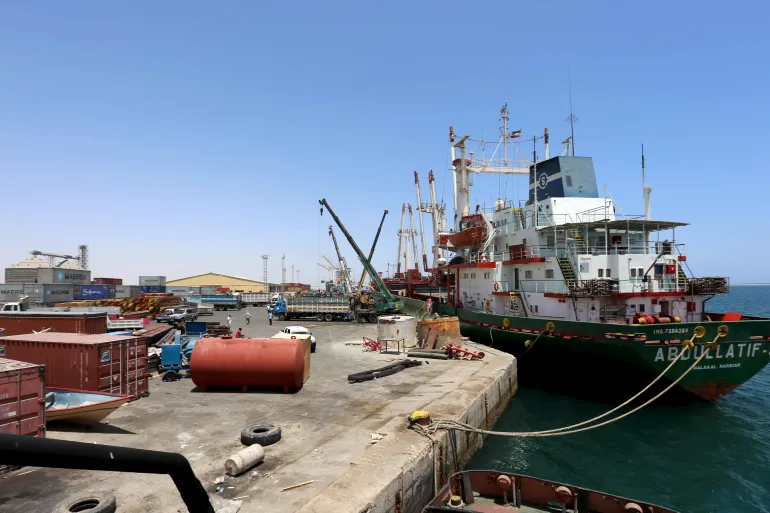Ethiopia’s United Nations Ambassador, Alemayehu Tegenu, has issued a robust defense of his country’s recent agreement with Somaliland, a self-declared independent republic in the Horn of Africa.
The contentious pact allows Ethiopian troops to access Somaliland’s coastline, a move that has sparked tensions in the region.
Somaliland, situated north of Somalia, declared independence from the rest of the country in 1991 following the collapse of the Somali government.
Despite its self-governance and relative stability, Somaliland remains unrecognized by the international community. Ethiopia, a neighboring nation, has maintained diplomatic relations with both Somalia and Somaliland.
The agreement, signed discreetly between Ethiopia and Somaliland, grants Ethiopian soldiers access to the strategic coastline along the Gulf of Aden.
The details of the agreement are still unknown.
However, according to sources, Ethiopia proposed the utilization of a 20-kilometer stretch of the Red Sea shoreline in the waters of Somaliland near the Berbera Port on the Gulf of Aden for 50 years.
There was also consideration given to establishing an Ethiopian naval military base in the Berbera Port area and establishing an Ethiopian trade zone in the Berbera Port area.
In return, Ethiopia says it would provide an “in-depth assessment” of Somaliland’s quest for official recognition as an independent nation – the first time any other country has offered to do this.
According to a statement from the Ethiopian government, Somaliland would also obtain a share in the state-owned Ethiopian Airlines. However, specifics regarding this aspect of the agreement, particularly concerning any supplementary financial transactions, remain limited.
These moves raised eyebrows, particularly in light of Somalia’s ongoing territorial dispute with Somaliland.

Implications Of Ethiopia’s Agreement with Somaliland
Somalia swiftly lodged a complaint with the UN Security Council, asserting that Ethiopia’s actions violated its territorial integrity. The Somali government views the agreement as an infringement on its sovereignty and a challenge to its claim over the entire territory, including Somaliland.
However, in a statement to the United Nations Security Council, Ambassador Tegenu emphasized that the agreement is “not a violation of international law.” He cited several key points to support Ethiopia’s position.
He stated that Ethiopia and Somaliland share historical, cultural, and economic ties that predates colonial borders. The coastline in question had been used by Ethiopian traders for centuries.
Ambassador Tegenu argued that the agreement is essential for regional security. Ethiopia faces security threats from extremist groups operating in the Horn of Africa.
Also, access to Somaliland’s coastline allows Ethiopian forces to monitor maritime activities and prevent illicit trafficking.
However, the dispute between Ethiopia and Somalia has broader implications for regional stability. The Gulf of Aden is a critical maritime route connecting the Red Sea to the Indian Ocean.
Any escalation of tensions could disrupt trade, impact regional security, and strain relations among neighboring countries.
The international community remains divided on the matter. Some nations, including Djibouti and Kenya, expressed concern over the agreement, urging dialogue and peaceful resolution.
However, Kenya faced allegations, including violating Somali airspace and maritime territorial waters, supporting militias destabilizing Somalia, and alleged abandonment of stations by Kenyan forces within Somalia
Others, such as Eritrea, have remained silent, perhaps wary of taking sides in a complex geopolitical landscape.
As tensions simmer, the UN Security Council faces the delicate task of balancing the rights of sovereign states while maintaining regional stability.
The Ethiopia-Somaliland agreement underscores the intricacies of diplomacy in a region where historical grievances, security imperatives, and territorial claims intersect.
READ ALSO: Cholera Outbreak in Zimbabwe: Help Coming Too Late





















